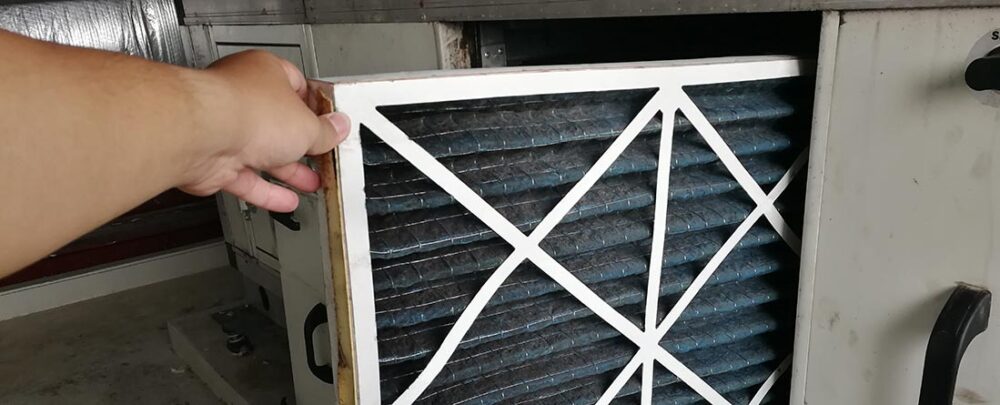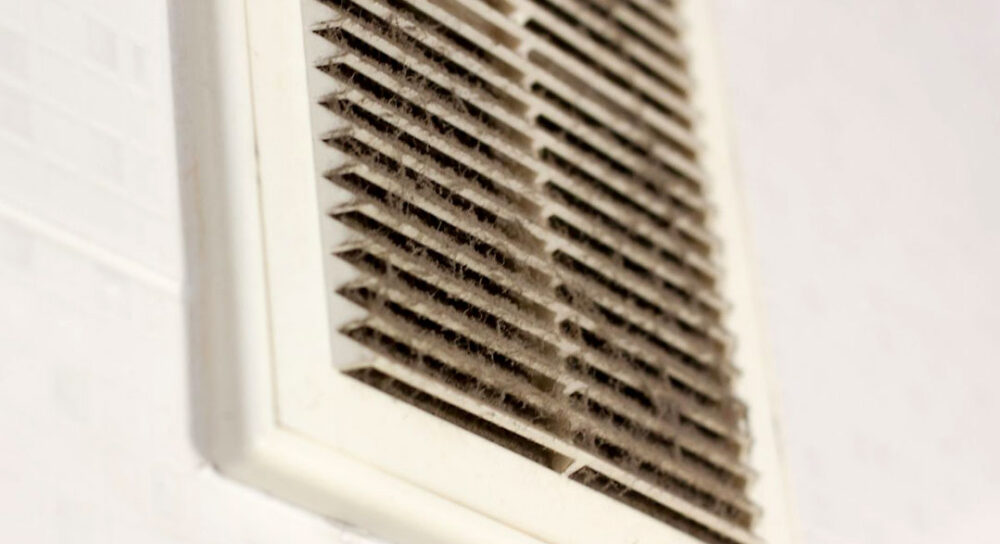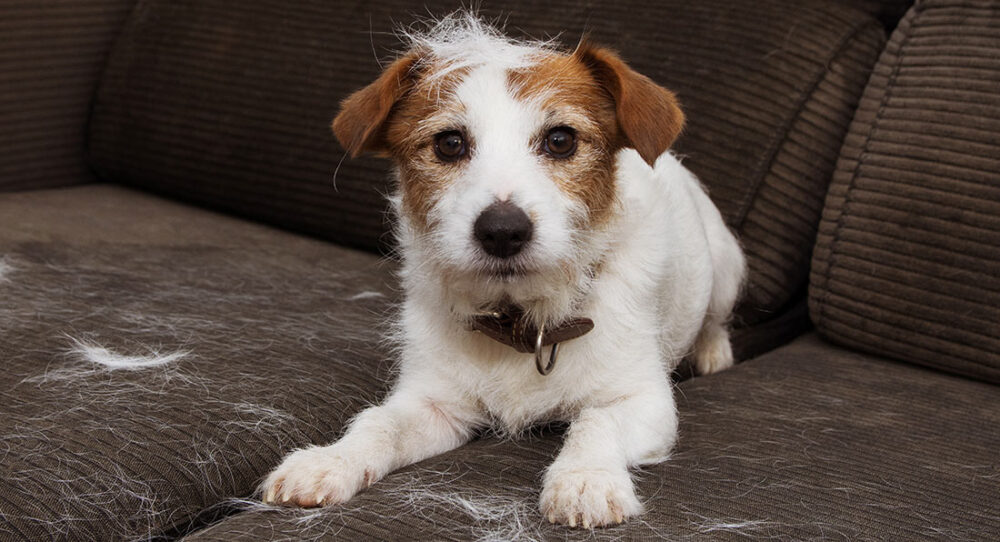HVAC Tips for Pet Owners
Your heating and cooling system runs best when it is free of dirt and debris. Pet hair not only reduces efficiency, it can also harm the air quality inside your home, and reduce the lifespan of your system. Here are a few tips to protect your HVAC system from pet hair.
Change Filters Often
It’s common for air filters to become overwhelmed with pet hair. When a filter gets dirty, air won’t flow as easily. If a filter is completely clogged, it can increase your energy bills, and potentially damage the unit. Typical households should change air filters every 4-6 months, but pet owners should change filters every 2-3 months. With multiple pets, you may even find the filter is dirty within 30-45 days.
If your filter is frequently dirty, or if anyone in the home has allergies, you may want to consider a filter with a higher MERV rating. The higher the rating, the fewer particles will make it through the filter.

Clean the Ductwork
If you own pets and haven’t cleaned your air ducts before, it’s likely you have an accumulation of dirt, debris and hair in the ducts. Duct cleaning can cost a few hundred dollars (depends on the size of your home), but a good cleaning every 4-5 years can really improve air quality.
Keep Carpets and Furniture Clean
Carpet is notorious for trapping pet hair and dander. As debris builds up, it eventually gets kicked into the air, and it finds its way into your HVAC system. Frequent vacuuming removes hair and debris before it’s a problem. This can improve air quality in your home and reduce debris in your air vents and filters.
Fabric furniture and curtains often collect pet hair too. Vacuuming regularly, even if you can’t see hair, is suggested.
Clear your Return Vents
Air return vents (registers) suck in air from your home, and then circulate it back into your HVAC system. If the air return is dirty, it can reduce HVAC efficiency and decrease air quality. When you notice these vents look dirty, vacuum the debris from the vent. Some registers also have filters that may need changed or cleaned.

Protect the Outdoor AC Unit
If your pets have free reign in the area that contains your outdoor air conditioning unit, they are likely to urinate on it. Urine can cause corrosion, so it’s best to keep your pet away from the unit. If you have a problem with this, you can clean the AC by spraying it down with water on a regular basis. Enclosing the unit with some type of fencing is even better. Protecting the unit will help prolong the life of the air conditioner, and make it safer for your pet.
Secure Electrical Wires
Pets like to chew on things like wires and cords. Protect your pet by enclosing any exposed HVAC wires both inside and outside of your home.
Groom Your Pet Outside
If your pet is shedding a lot, take them outside regularly for a thorough brushing. If you can’t go outside, the garage, or any room where the hair can’t escape will work. If you brush your pet in a bathtub or shower, make sure the drain is closed, and keep the excess hair contained. Getting hair in your plumbing is just as bad as the HVAC system.
Benefits of a Clean HVAC System
Pets put added strain on your heating and cooling system. If you can reduce the amount of dog and cat hair inside your home, you’ll have improved air quality and better HVAC efficiency. A clean system is likely to last longer and require fewer repairs. Do you best to keep your system clean, and your furry friends happy and safe.

We do our best to provide current and accurate information, but this content could contain errors or information that is not correct for your situation or equipment. Resources found on our website are provided as general information. Reddi Industries does not assume any liability resulting from the provided information. If you attempt to repair or modify HVAC, plumbing, electrical, or other equipment in your home or business, always consult your equipment’s operating manual first, and only do so if you are qualified.
